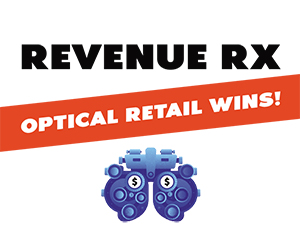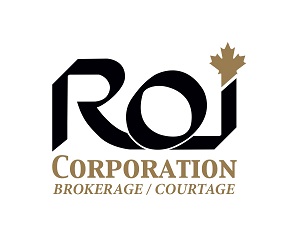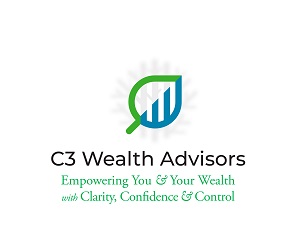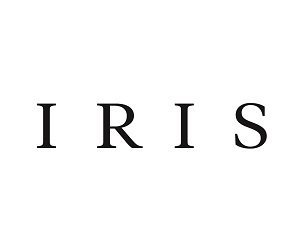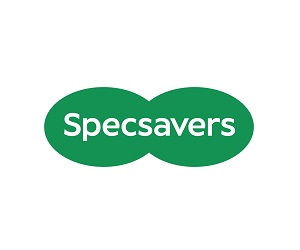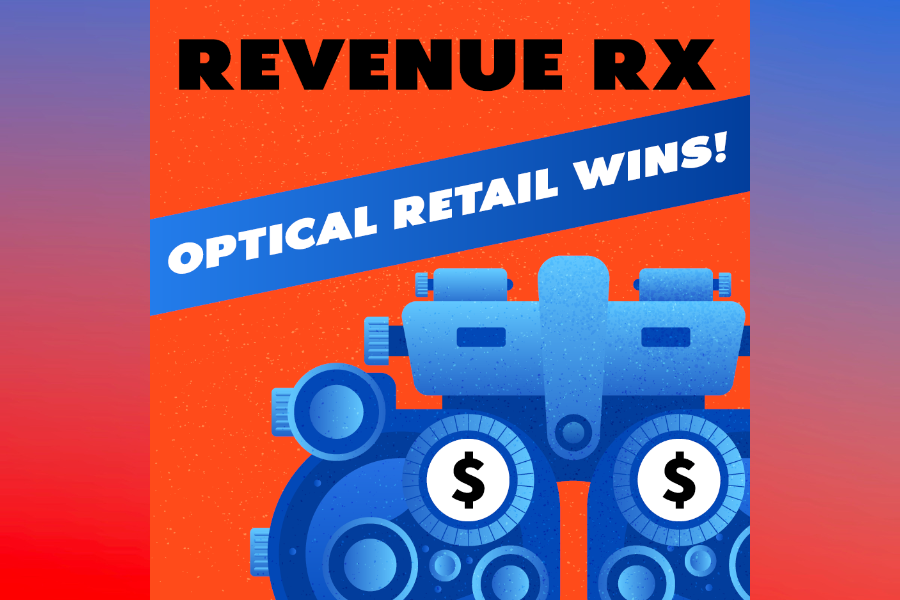
Most optical business owners pour their energy into growth—new patients, new products, and new marketing strategies. But here’s a reality check: every business will eventually change hands. The question isn’t if you’ll exit, it’s how.
In this episode of Revenue RX: Optical Retail Wins, I unpack the essentials of building a smart exit strategy—one that keeps you in control, maximizes your return, and protects the legacy you’ve worked so hard to create.
Why Start with the End in Mind?
It might sound odd to plan your exit on day one of starting or buying a business. But thinking ahead shapes smarter decisions. Clean financials, efficient systems, and minimizing dependence on you as the owner—all these choices make your business more valuable later.
I learned this lesson the hard way. Without an exit plan, I ended up leaving one of my businesses on someone else’s terms, not mine. Trust me, being prepared beats being forced into a decision.
When Should You Plan Your Exit?
The best time to start planning is 2–5 years before you want to leave. That window gives you time to:
- Optimize operations
- Build consistent revenue flow
- Resolve debts or liabilities
- Create documented systems that allow the business to run without you
Whether it’s retirement, health, or just a new chapter, early planning ensures a smoother, more profitable transition.
Key Steps to a Successful Exit
- Set Clear Goals
Decide what matters most: maximum profit, a quick sale, or passing it to family or employees. - Get a Professional Valuation
Know what your business is truly worth, emotion aside. - Optimize Your Business
Streamline financials, operations, and customer relationships so the business is appealing without you. - Build Your Team
Brokers, accountants, lawyers, and advisors all play a role in structuring the deal right. - Market the Sale
Explore external buyers, employee succession, or family transfer. - Negotiate Smartly
Screen buyers, manage due diligence, and set realistic terms. - Close and Transition
Finalize contracts, hand over relationships, and guide the new owner through the change.
A Lesson from Home Ownership
If this all feels abstract, think about your house. You keep it in good condition, make upgrades, and stay market-ready so you can sell at the right time for the best price. Your business deserves the same mindset.
Just as a well-maintained home attracts buyers, a business with clean books, updated systems, and reliable staff becomes far more valuable.
Final Takeaway
Exiting your business is inevitable. The only question is whether you’ll do it on your terms or someone else’s. Start planning today:
- Hire for sustainability, not dependence.
- Keep your business market-ready at all times.
- Build an operation that thrives with or without you.
With the right preparation, your business can command a higher price, survive the transition, and give you peace of mind.

Joseph Mireault
Joseph Mireault, Optical Entrepreneur, Business Coach, and Published Author.
Joseph was the owner and president at Tru-Valu Optical and EyeWorx for 16 years. During his tenure, he consistently generated a sustainable $500K in annual gross revenue from the dispensary.
He now focuses on the Optical industry, and as a serial entrepreneur brings extensive experience from a variety of different ventures.
Joseph is also a Certified FocalPoint Business Coach and looks to work directly with ECPs in achieving their goals.
Through his current endeavour, the (Revenue RX, Optical Retail Wins podcast) he shares the challenges and solutions of running an Optical business.
His insights are shared with optical business owners aspiring for greater success in his new book, “An Entrepreneur’s Eye Care Odyssey: The Path to Optical Retail Success.”

















